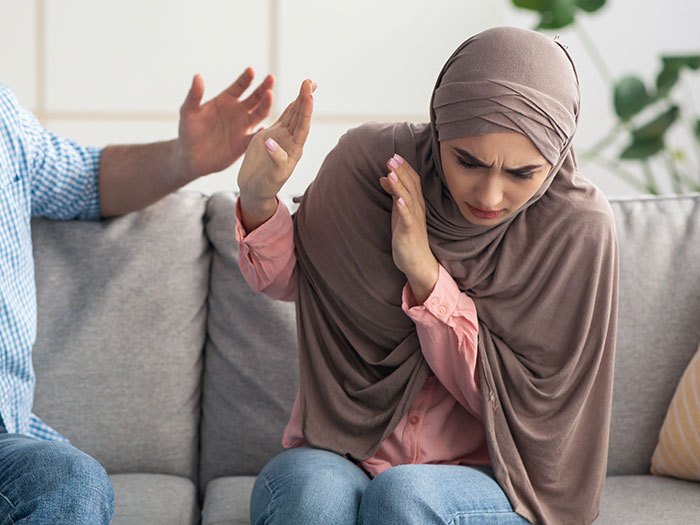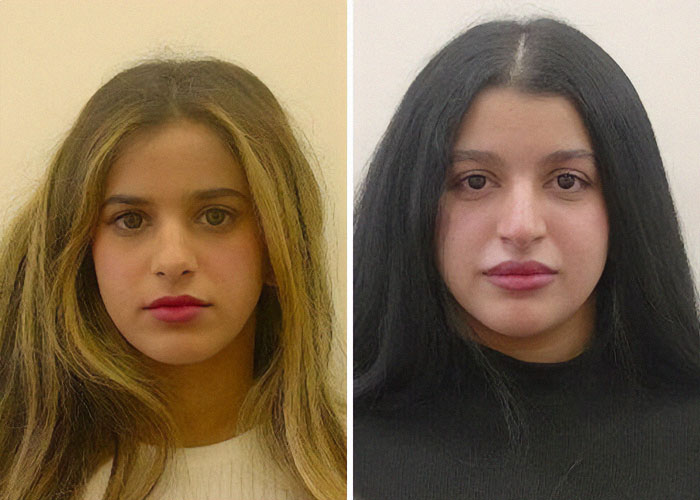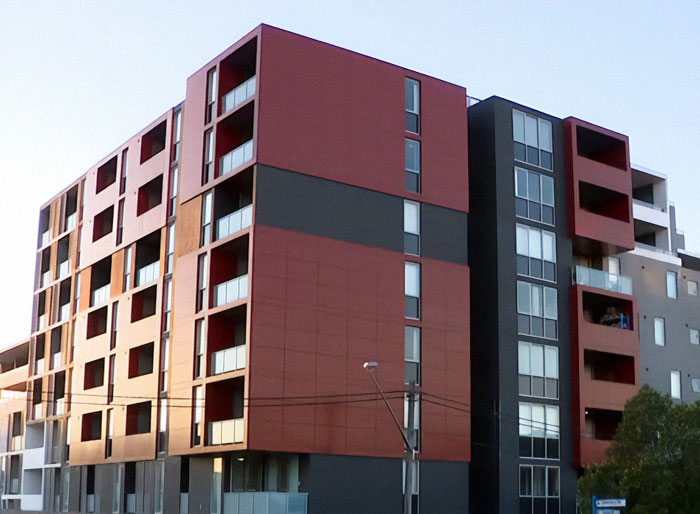Trigger warning: physical and sexual abuse, suicide—Asra Abdullah Alsehli, 24, and Amaal Abdullah Alsehli, 23, fled Saudi Arabia in 2015 seeking asylum. While they were believed to have died by suicide after losing financial support from their family, the exact cause of their deaths has not been conclusively determined after their remains were found in Sydney, Australia. A controlling father used the sinister overtones of the Alsehli sisters’ case to warn his own daughter, who had been granted asylum in Australia due to her father’s history of abuse.
Photographs of the late Asra Abdullah Alsehli and Amaal Abdullah Alsehli were used by a father to make lethal threats
Share icon Image credits: ciprian/stock.adobe.com (Not the actual photo) The father asked his daughter—whose identity has also remained anonymous—in a text message if the photos of the Alsehli sisters scared her, as he wrote: “It’s going to become real, I swear to God I’m going to slaughter you, bury you and no one will know, I’m coming soon and will see you.” The woman had left the strict Islamic kingdom to study in Australia on a student visa in July 2012, accompanied by her father for about four months. She was later joined by her mother and three younger sisters, defying her father’s demands to return to her homeland to marry a cousin. The woman applied for a protection visa in 2015, The Daily Mail reported on Sunday (October 13). Share icon Image credits: Prostock-studio/stock.adobe.com (Not the actual photo) “Did you think I wouldn’t reach you!” a message in Arabic from the father, accompanied by two portrait pictures of the dead women, was translated by The Mail. “Is the picture scary?” He added: “This is your fate and it’s going to be with my own hands.” The message was revealed when the Administrative Appeals Tribunal overturned a decision by Home Affairs to refuse a protection visa to the woman, The Mail reported. In a separate judgment delivered in 2023, the tribunal also reportedly ruled the woman’s mother and sisters were eligible for the same visa.
A controlling father used the sinister overtones of the Alsehli sisters’ case to make death threats against his daughter
Share icon Image credits: Edited by Bored Panda (Not the actual photo) The victim was born into a privileged family in the Saudi capital city of Jeddah. Her parents separated while she was at school, but her father retained a key to the family home and came and went as he pleased, as per the British tabloid. While awaiting asylum in Australia, she reportedly told Home Affairs that she would face a forced marriage to her cousin if she returned to Saudi Arabia, where she would be under the guardianship of her violent father. The asylum seeker also risked becoming the victim of an “honor killing” at the hands of her husband, father, and other male relatives once they learned that she had been sexually assaulted, The Mail reported. The rape survivor reportedly gave sworn testimony before the tribunal that her father had been violent and controlling toward her and her sisters all their lives. Share icon Image credits: backiris/stock.adobe.com (Not the actual photo) According to the woman, her father had stabbed their mother and committed her to a psychiatric institution in a campaign of physical, verbal, and emotional abuse waged over 30 years, according to The Mail. The tribunal subsequently accepted the woman’s testimony about her father’s behavior and her fears of persecution, ruling that she qualified for refugee status and a protection visa. Asra and Amaal Abdullah Alsehli were found dead in their Sydney apartment by police on June 7, 2022. It is believed that they had died in April of that year. The sisters had left Saudi Arabia five years earlier with $5,000 in savings. They adopted a Western lifestyle, with Asra identifying as a self-described atheist, and Amaal identifying as a lesbian, the New Arab reported in June 2023.
The Alsehli sisters’ deaths have not been conclusively determined since their remains were found in Sydney, Australia
Share icon Image credits: NSW Police Force According to previous reports, the sisters had been receiving money from their family in Saudi Arabia, but the financing stopped after a falling out, leading them to fall behind on rent and prompting police welfare checks at the building manager’s request. According to a toxicology report, unusual levels of sodium, nitrate, and fluoride were found in the apartment, with police believing the sisters died as the result of a suicide pact. Nevertheless, sources with knowledge of the investigation reportedly believe that the sisters were aware of the dangers of returning to Saudi Arabia. The sisters had applied for subclass 866 protection visas—an Australian visa that allows individuals to live in Australia permanently if they are found to be refugees—in 2022. Share icon Image credits: 7News Australia Their bodies have since been returned to Saudi Arabia, with a coroner now being tasked with determining an official cause of death, the New Arab reported. The Eastern Kingdom introduced its Personal Status Law (PSL) on March 8, 2022. The PSL is a legal framework that governs family matters, including marriage, divorce, custody, and inheritance. Although the law introduced some reforms, such as setting a minimum marriage age of 18, it continues to enforce Saudi men’s guardianship system, which requires Saudi women to obtain permission from a male guardian for critical decisions like marriage and validation of marriage contracts. On March 8, 2023, marking International Women’s Day, Amnesty International criticized the PSL for failing to protect Saudi women from domestic violence.
Amnesty International previously criticized Saudi Arabia for failing to protect Saudi women
A post shared by World Citizens For Saudi Women (@world_citizens_for_saudi_women) According to the human rights organization, the law entrenches patriarchal gender roles by expecting women to “obey” their husbands. It also makes women’s financial support from their husbands during marriage conditional on wives “submit[ing]” themselves to their husbands. Such provisions place women at risk of exploitation and abuse, including marital rape, which Saudi law does not criminalize, as per Amnesty. According to the PSL, only men have the unconditional right to initiate a divorce. The law merely stipulates that a woman should be “informed” of the divorce and entitled to financial compensation if she has not been informed.
“Every woman should have the choice to go where she feels safe and secure,” a reader commented
Share icon Share icon Share icon Share icon Share icon Share icon Share icon Share icon Share icon Share icon Share icon Share icon Share icon Share icon Share icon Share icon Share icon Share icon Share icon Share icon Share icon Anyone can write on Bored Panda. Start writing! Follow Bored Panda on Google News! Follow us on Flipboard.com/@boredpanda!




























